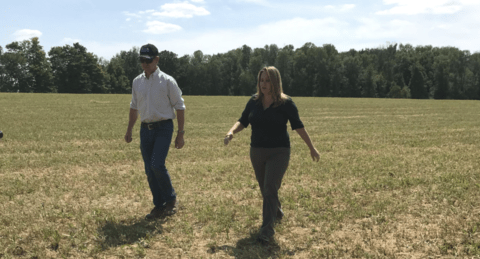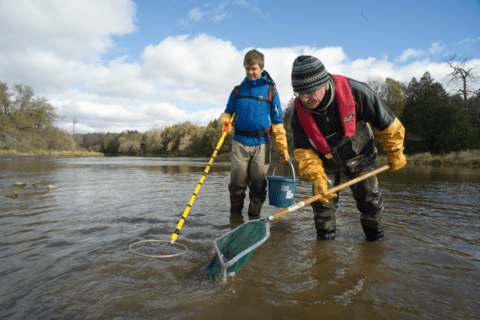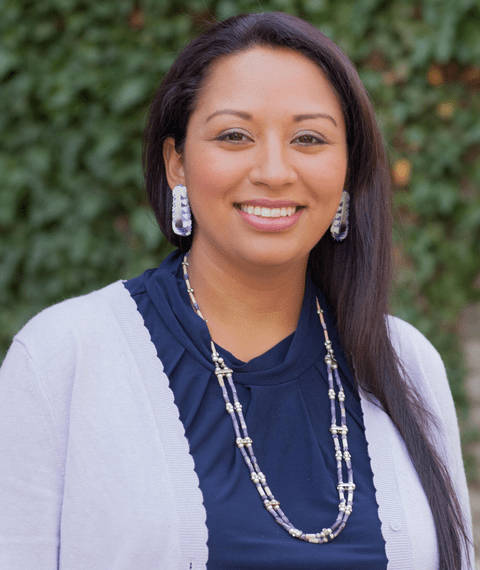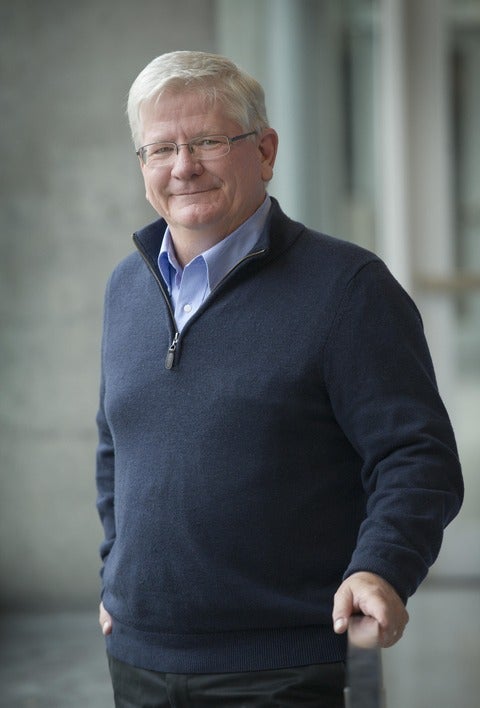The origin of water on planets in our universe
Professor Michel Fich helps paint the most complete picture ever of how water ends up on newly forming planets
Water is essential for life as we know it – water makes up around 70% of the human body, covers about 70% of the planet Earth, has been found in the far reaches of our universe, and is at the centre of our search for habitable planets around other stars.







